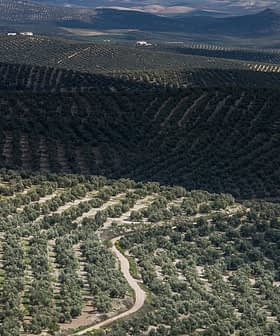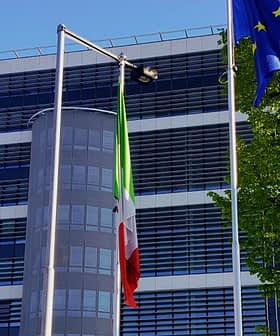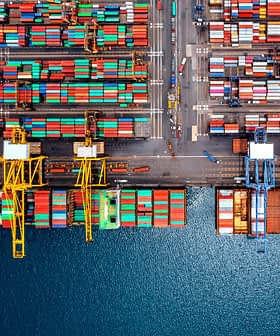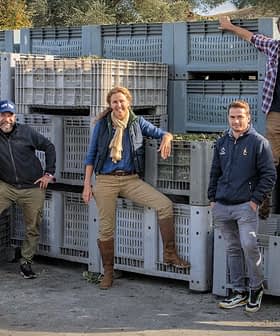EU to Set Aside Billions for Direct Payments to Small Farmers
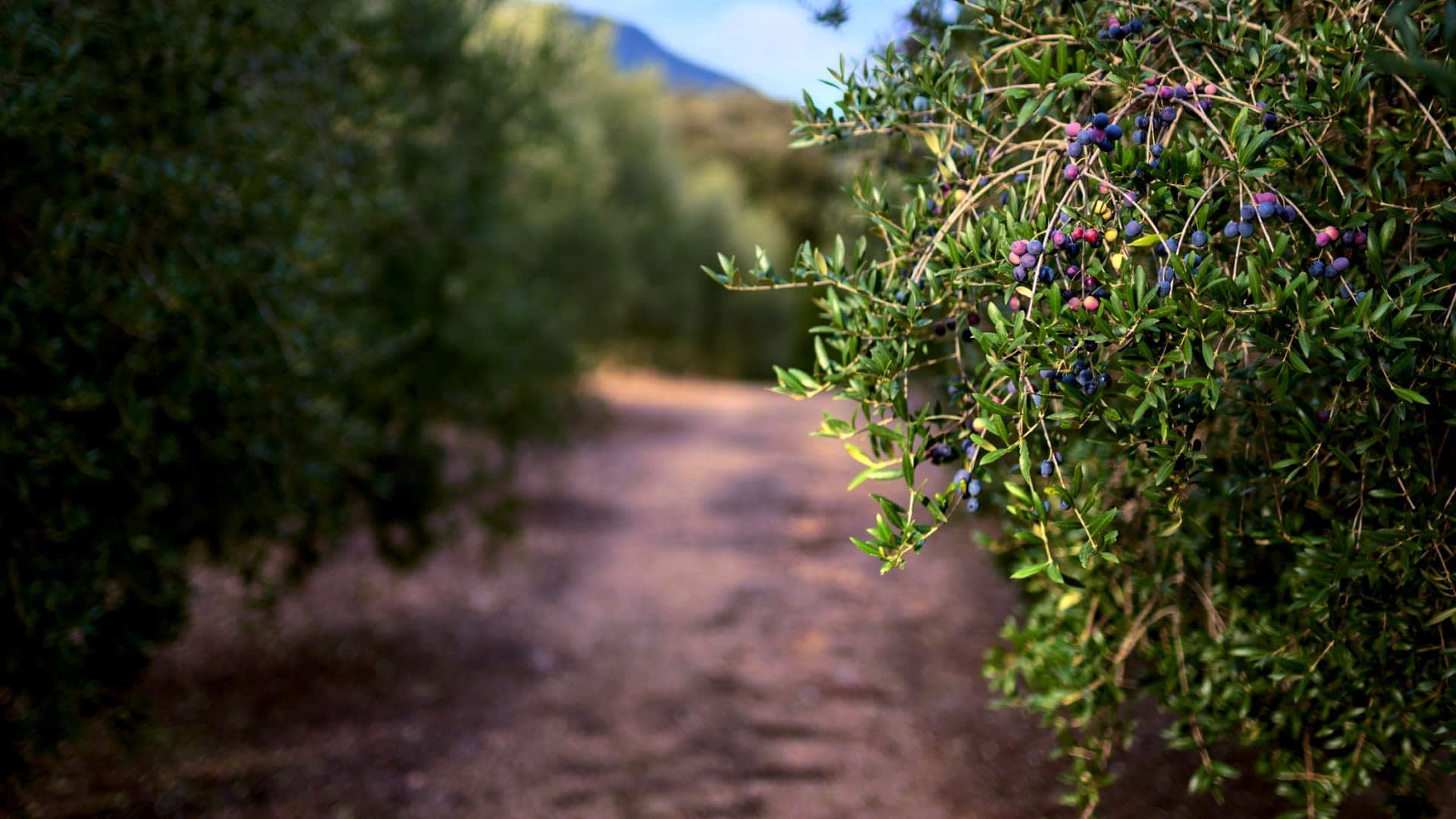
European Union officials are planning to set aside billions of Euros for direct payments to small farmers despite the desire to merge funding streams into a single payment. The move comes after intense lobbying from agricultural interest groups and aims to prevent small farms from going out of business without direct payments from the Common Agricultural Policy.
As negotiations over the upcoming European Union budget rumble on, officials in Brussels are planning to set aside billions of Euros for direct payments to small farmers in the 27-member bloc.
The announcement comes after intense lobbying from agricultural interest groups, and despite the European Commission’s desire to merge several funding streams into a single “national and regional partnerships” payment delivered to each capital.
The objective of the budget reforms is to boost Europe’s defense spending and economic competitiveness, but came after the European Commission acknowledged that many small farms would go out of business without the direct payments made through the Common Agricultural Policy (CAP).
See Also:Europe Endorses Olive Oil Standard Changes Despite Industry DivideIn a petition addressed to the commission, more than 3,100 farming groups said combining the CAP into the single payment would leave farmers at risk of losing out to emerging priorities, such as energy and defence.
Despite separating direct payment for farmers from the rest of the budget, European Commission officials expect the overall budget of the CAP to fall from its current €386 billion, which represents about one-third of the E.U. spending.
Carmen Crespo, a member of the European Parliament (MEP) from the center-right Popular Party in Spain and the former agriculture minister of olive oil-soaked Andalusia, defended the need to ringfence CAP payments to farmers.
“The CAP can only continue to do its job if it is separated from cohesion funds,” she said at a press conference. “The CAP is the true foundation of agriculture as a key strategic sector in Europe’s trade balance.”
According to El Economista, merging the direct payments to farmers and CAP into the single payment scheme would have cut payments to farmers by up to 20 percent. Andalusia, the world’s largest olive oil-producing region by a significant margin, received €1.3 billion from the CAP in 2024.
The move to ringfence direct payments to farmers comes after widespread protests by farmers in 2023 and 2024 led the European Commission to propose changes to the CAP, including loosening environmental rules for small farmers.
The budget debate is also taking place against the backdrop of ongoing trade negotiations between the United States and the European Union.
European negotiations told the Financial Times they expect to sign a temporary “framework,” agreeing to the baseline ten percent tariff rate the U.S. has imposed on nearly every country since the start of April, until a deal can be reached.
According to U.S. Department of Agriculture data, the United States imported $1.5 (€1.4) billion of olive oil from Greece, Italy and Spain in 2023, the last year for which a complete data set exists.
President Donald J. Trump has set a deadline of August 1st to conclude trade negotiations before implementing a 30 percent tariff on imports from the E.U.
The Trump administration has also sent letters to more than a dozen other countries, imposing new tariff rates set to come into force on August 1st, including a 25 percent tariff on Tunisia.
The North African country, which World Bank data show was the third-largest olive oil exporter to the U.S. in 2023, previously faced a 28 percent tariff.
Trump also announced the reinstatement of 30 percent tariffs on South Africa, which exported 35,500 kilograms of virgin and extra virgin olive oil to the U.S. in 2023. Algeria, which shipped nearly 20,000 kilograms that year, also faces the original 30 percent tariff.
